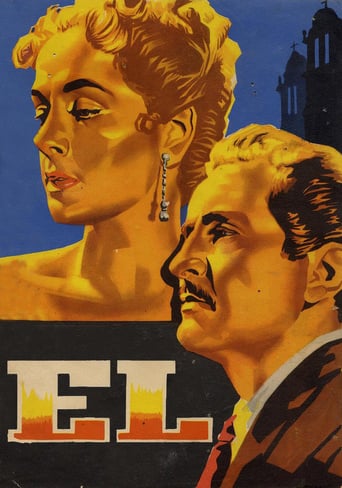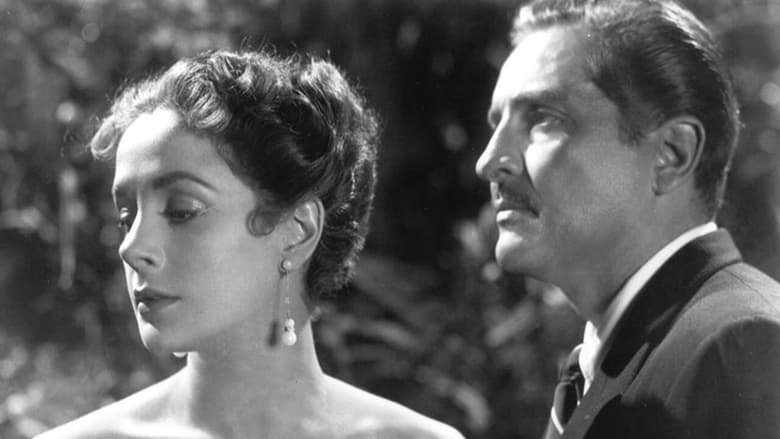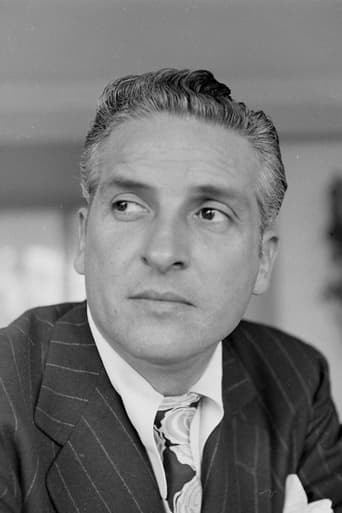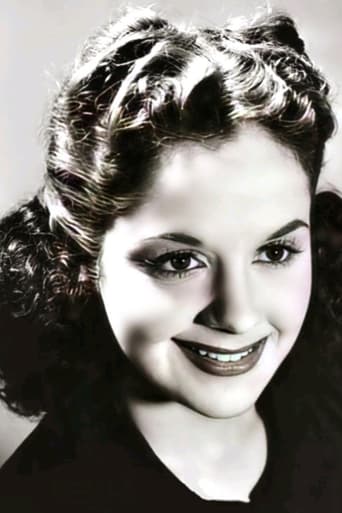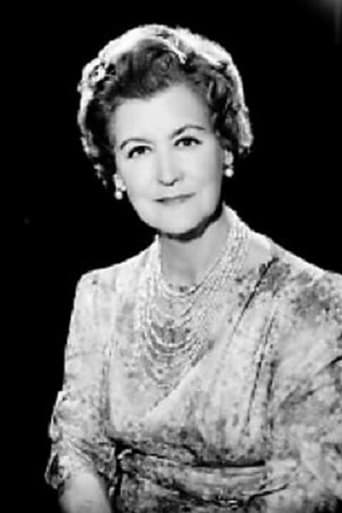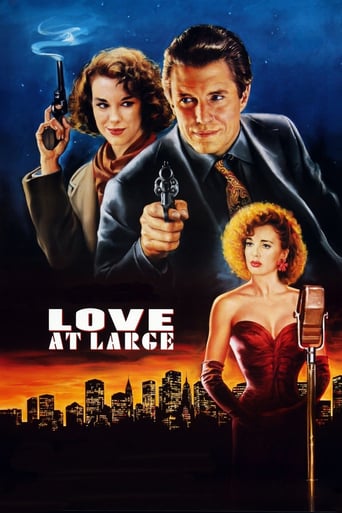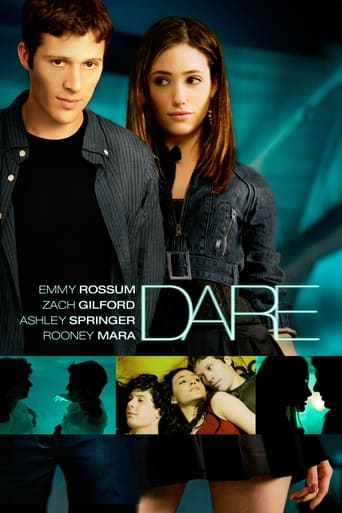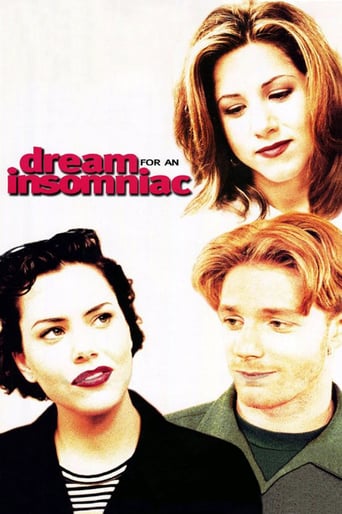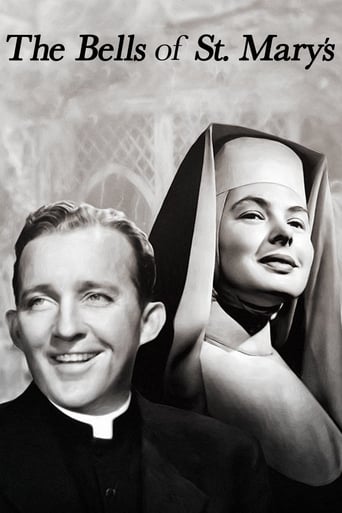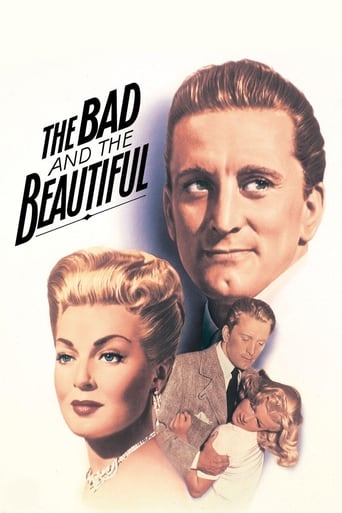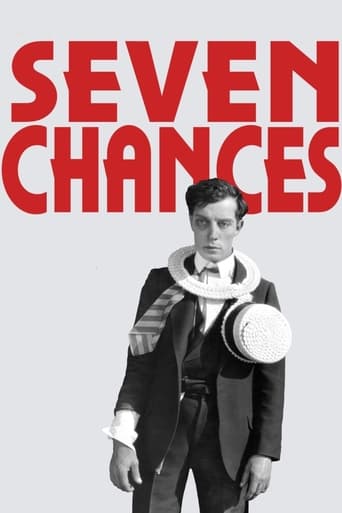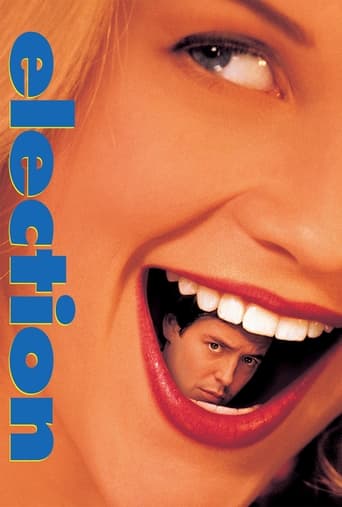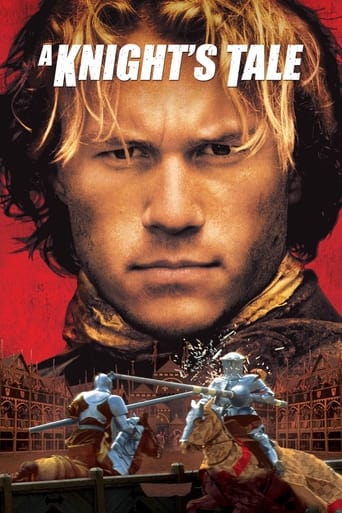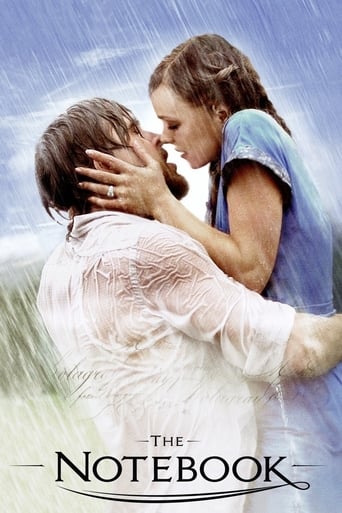Él (1953)
Gloria encounters Francisco, a man whose social veneer betrays a truer self burrowed underneath.
Watch Trailer
Free Trial Channels
Cast


Similar titles
Reviews
That was an excellent one.
How wonderful it is to see this fine actress carry a film and carry it so beautifully.
The film creates a perfect balance between action and depth of basic needs, in the midst of an infertile atmosphere.
Great example of an old-fashioned, pure-at-heart escapist event movie that doesn't pretend to be anything that it's not and has boat loads of fun being its own ludicrous self.
We are taken to the Holy Thursday rite in which Roman Catholic priests wash the feet of a few young men to show humility. In the case of Father Velasco, a Mexican prelate, his interaction with the young men has more of a sexual feeling than anything else. Looking to the rite is Francisco, a rich man who watches the scene, but keeps glancing until he meets the beautiful Gloria in a pew with her mother. There is also a clear feeling of class values as the shoes of the people around the washing ritual have shining, if not new, shoes, in contrast with the humble young men's bare feet.Francisco is a complex man suffering from paranoia. After he wins Gloria, who had been engaged to a wealthy man, he marries her. For all practical purposes, it's a marriage made in heaven. Things begin to deteriorate between the newlyweds as they take the train that will bring them to Guanajuato, for their honeymoon. Francisco begins accusing Gloria of flirting with some of the men she meets, something that is absurd.The story follows Francisco's descent into a madness caused by his own inability to cope with the facts. His marriage is ruined because Gloria can't put up with his irrational accusations. In a change of pace, a miracle happens at the end in which we meet Francisco again in a strange land under a new persona. Finally, it seems, he has found peace within himself, not without destroying what he loved the most.Luis Bunuel's Mexican years produced a string of movies that are now classics because of his vision. The director had a deep resentment of the Catholic Church, as he saw it. In his pictures Mr. Bunuel made clear, as he did here, to show how the institution was hypocritical in the way Father Velasco almost looks as though he is playing a sexual act with the young men he is supposed to be washing their feet. Yet, in the end, Mr. Bunuel switches gears in presenting a serene setting in which a repenting Francisco is seen.There is one amazing sequence when Francisco takes Gloria to the bell tower of a church. The deafening sound of the bells drive Gloria to the point of insanity. She realizes Francisco is mad. One wonders if Alfred Hitchcock might have found inspiration for a variation of his own take for the famous scene in "Vertigo".Arturo De Cordoba gave an impressive performance as Francisco, the man driven by his jealousy and madness because of his paranoia. Delia Garces, the exquisite Argentine actress is impressive as Gloria. The director got, in general good acting from his ensemble cast. Some of the Mexican films of that period dealt with sentimental melodramas, none of which is found here.The film is worth a look because of the work of Mexico's best cameraman, Gabriel Figueroa. The city of Guanajuato, which is key to the story, is shown in all its splendor. This was a triumph for Mr. Bunuel, one of the most original directors from all times.
"El" (1953) aka "This Strange Passion/Torments" is more disturbing than funny portrait of an aristocrat, Francisco Galvan de Montemayor (Arturo de Cordova), attractive, rich, religious middle-aged man who goes from courteous and reasonable to possessive, suspicious, and finally to completely insane because of his pathological jealousy. What he decided to do to his young wife Gloria (Delia Garcés) to punish her for and prevent himself from the acts of infidelity that she had committed strictly in his mind, is very scary. Of course, it is Bunuel and the film has as much drama as his typical irony and dark humor but the film is very dark and unsettling. This is nothing light about obsessions - jealousy is an incurable and insatiable "monster with green eyes"
As his most technically accomplished Mexican-period movie, and almost a mainstream one, this film can be an enjoyable first introduction into Buñuel's obsessions: the same ones that ruled the surrealistic movement. The underground psychological streams in the mind are finely expressed in this story of a pathological jealous and his victim. In his Mexican exile, Buñuel was forced to make "nourishing movies", that were the most conventional ones in his filmography, but he managed to smuggle his surrealistic ideals into all of them (even he could make the absolutely surrealistic "The Exterminating Angel").Based on an autobiographic novel by Spanish fellow countrywoman Mercedes Pinto, this film is the vehicle for displaying many marvelous surreal moments. It can also be viewed as a brilliant clinical recreation of paranoid distress, but Buñuel recognized that the protagonist, Francisco Galván, although insane, had many of his own obsessions: his view of love as an absolute imperative, the violent impulses, the fetishism for female feet The story shifts from one point of view to another, which is the only way to understand the "two stories" in psychotic disorders.Part of the story and many of the ideas were used later by Hitchcock for his masterpiece "Vertigo (From among the dead)". It is difficult to say plagiarism when talking about cinema, but this would be one occasion for it. It is not coincidence that both directors share a taste for the expressive properties of objects (not only as Macguffin); as two reluctantly catholic directors, objects usually act as "sacraments" for their narrative. In "El" the church and its symbols are the background for the repression and the blooming of instincts; other Buñuel's stories may be more connected with religion than this one, but "El" shows a life absolutely permeated by the relationship of primary impulses ("eros" and "thanatos") with spiritual transcend ency. With churches as the setting of the key moments of the story (desire, love encounter, the urge for murder, disappointment), church is at the beginning and the ending of this story narrated by the man who said "Thank God, I'm an atheist".Although was filmed in three weeks, in the midst of the limitations of Mexican film industry, the movie is close to perfection in formal terms. In contrast with his previous movies, in which a still camera was predominant, in this one the camera movements are constant. The performances and the choice of cast is the most accurate of the Buñuel's Mexican-period.
I had these words by Alex Epstein in mind when I left the theater. Before I went to watch Él I knew Hitchcock had taken a bit to draw Vertigo. Well, it's not simply a bit.Buñuel's style is both graceful and low-key. It's a pity this made his work less obviously marvelous to masses. On the other hand if there is something lacking in Él this is a gripping suspense. Something Hitch mastered with his will to enthrall masses. Buñuel's directing is more on the side of actors for us to hesitate between judging the characters and just waiting for more... which is exactly the theme.Bringing psychological torments to screen is definitely not easy a directing choice . It's a challenge for the upper-crust and I remember Hitchcock's Spellbound was not really convincing, neither was Fritz Lang's Secret beyond the door. Yet each brought something to be chewed for others to experiment.

